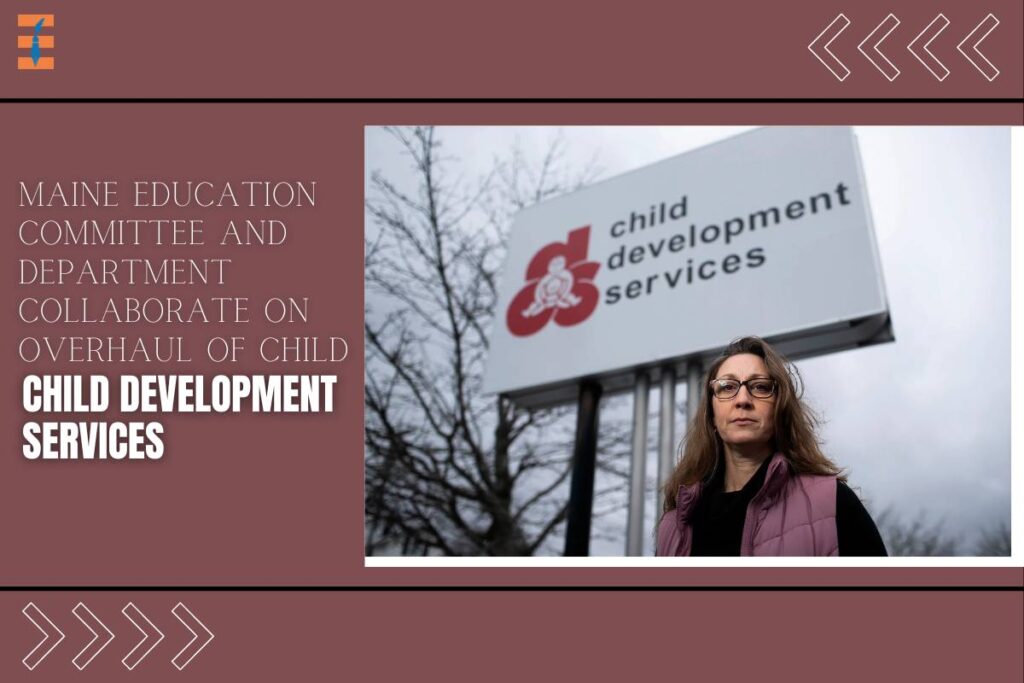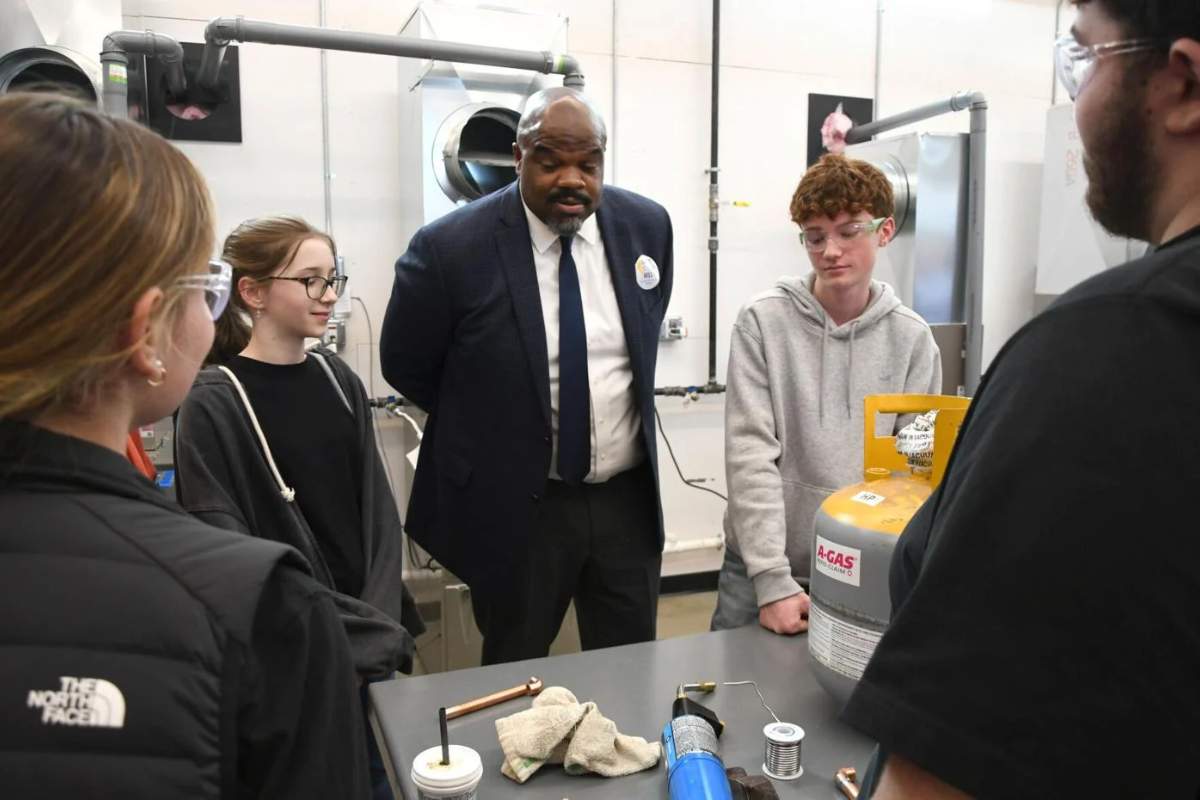Source – The Portland Press Herald
The Maine Legislature’s education committee, in partnership with the state Department of Education, is charting a course to revamp Child Development Services (CDS) by shifting responsibility for disability services to local school districts. This initiative aims to address longstanding challenges within CDS and ensure that children with disabilities receive the support they need to thrive.
Presenting a draft bill to the committee, Courtney Belolan and Megan Welter outlined plans for the transition, which seeks to rectify deficiencies in CDS that have persisted for over a decade. Currently, a significant portion of Child Development Services clients, including 550 children, are not receiving the services mandated by law, raising concerns about compliance with federal regulations under the Individuals with Disabilities Education Act.
Balancing Optimism and Concerns in Maine’s Education Reform
Lawmakers acknowledge the gravity of the situation and express optimism about the proposed reforms, but they also voice apprehensions regarding the financial implications for local school districts, the shortage of early childhood educators, and the immediate needs of children currently underserved by CDS.
Under the proposed legislation, responsibility for determining and providing disability services for children aged 3 to 5 would gradually transition from Child Development Services to local school districts over four years. While some districts may be ready to assume these responsibilities by the 2024-25 school year, others will require additional time and support, with a deadline set for 2028.
Navigating Challenges and Ensuring Equity in Maine’s Education Reform
Key modifications to the original plan include increased funding and support for school districts, extended timelines for implementation, and full coverage of operating costs and special education services by the state. Lawmakers express cautious optimism about these changes, recognizing the importance of balancing the needs of children with disabilities while alleviating the financial burden on local districts.
However, concerns persist regarding the availability of qualified early childhood educators and the adequacy of funding to sustainably support the transition. Additionally, there is a pressing need to address the immediate needs of children currently underserved by Child Development Services.
Department officials assure lawmakers that they are actively addressing these concerns through ongoing communication with stakeholders and efforts to bolster the early educator workforce. As discussions continue and the legislation evolves, stakeholders remain committed to ensuring that all Maine children have access to the resources and support necessary for their educational success.
Also Read: The Stages of Child Development: A Comprehensive Exploration










